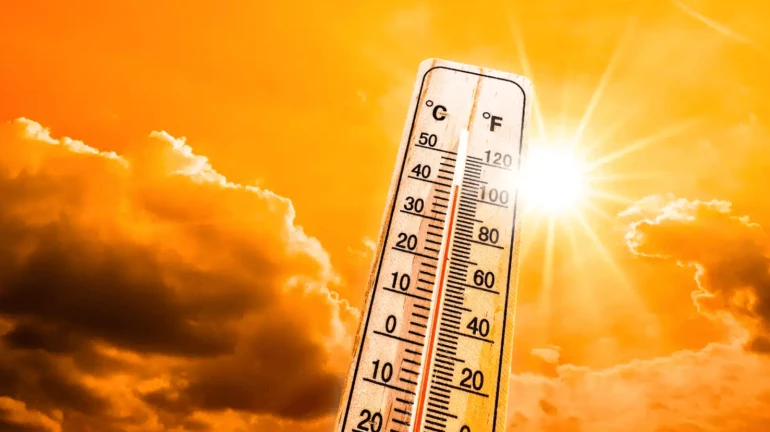
Maharashtra has reported 34 heatstroke cases in the first 10 days of April. This number is already higher than the 24 cases recorded during the same period last year. The rise has led to fresh concerns over safety measures.
Health advisories have been issued across the state. Doctors warn that heatstroke can be deadly if not treated quickly. Common symptoms include high body temperature, dizziness, confusion, and dehydration. Basic first aid includes moving the person to a cooler place, giving them fluids, and using cold compresses.
In serious cases, intravenous fluids may be needed. As per reports, many rural doctors do not know how to check for heatstroke deaths. Most of them cannot even extract the vitreous fluid, which is needed to confirm the cause. Rural areas also lack trained doctors and proper equipment.
Buldhana district has reported the highest number of cases, with six so far. Gadchiroli follows, while Nagpur and Parbhani have reported four cases each. A suspected death has been reported in Buldhana.
The India Meteorological Department (IMD) has issued yellow alerts for several coastal districts, which include Mumbai, Thane, Palghar, Raigad, Ratnagiri, and Sindhudurg. These regions are seeing a temperature rise of 3 to 4°C, along with high humidity.
Maharashtra is also the first state to include climate change in its annual budgeting. All departments are now required to include climate-related risks like heatwaves in their plans.
As per sources, the state’s 16-point Heat Action Plan is not being followed properly. This plan was made after 14 people died in the 2023 Kharghar rally. But many safety steps are still not in place.
For example, public gardens in Mumbai managed by the BMC still remain closed from 1 to 3 pm. These are the hottest hours of the day. Other measures, such as painting rooftops white and adjusting work schedules, have not seen much progress either.
Still, some steps have been taken. Maharashtra signed a new agreement with the Natural Resources Defence Council in April. The goal is to boost climate resilience. The focus will be on cooling methods and better city planning.
Hospitals have also started making arrangements. Special beds for heat emergencies are being set up in district hospitals. The State Institute of Disaster Management is being planned to handle such events better in the future.





